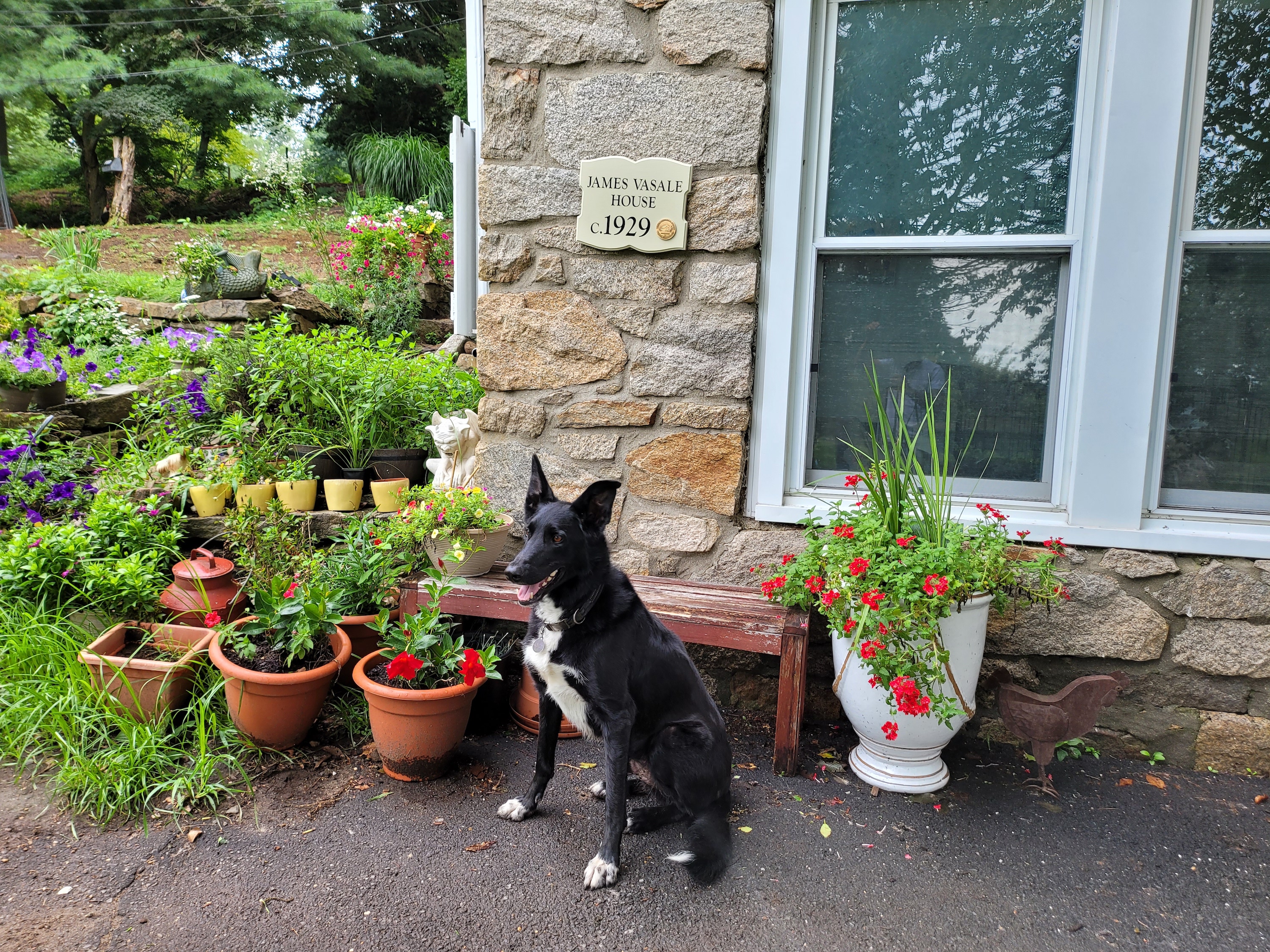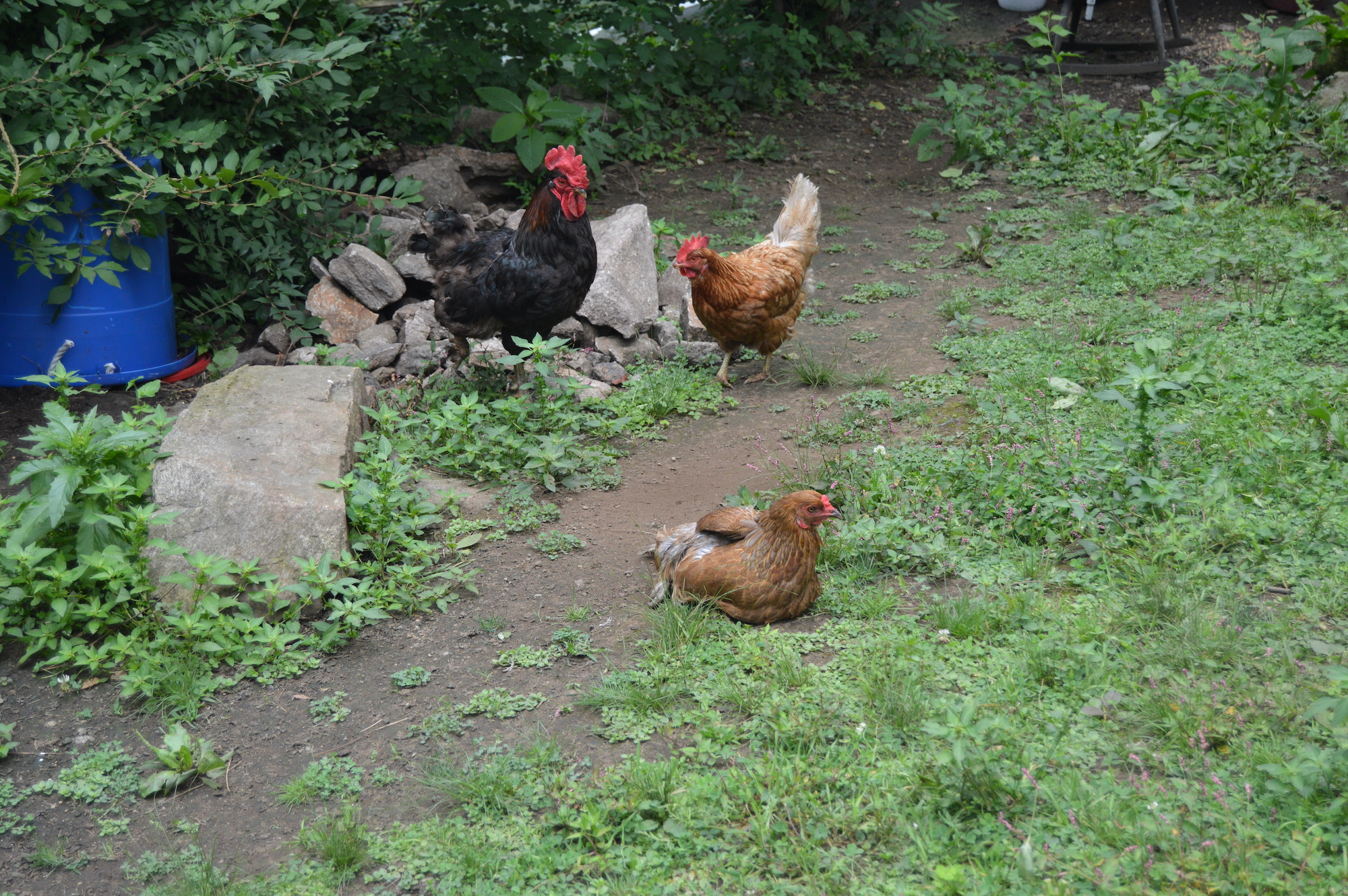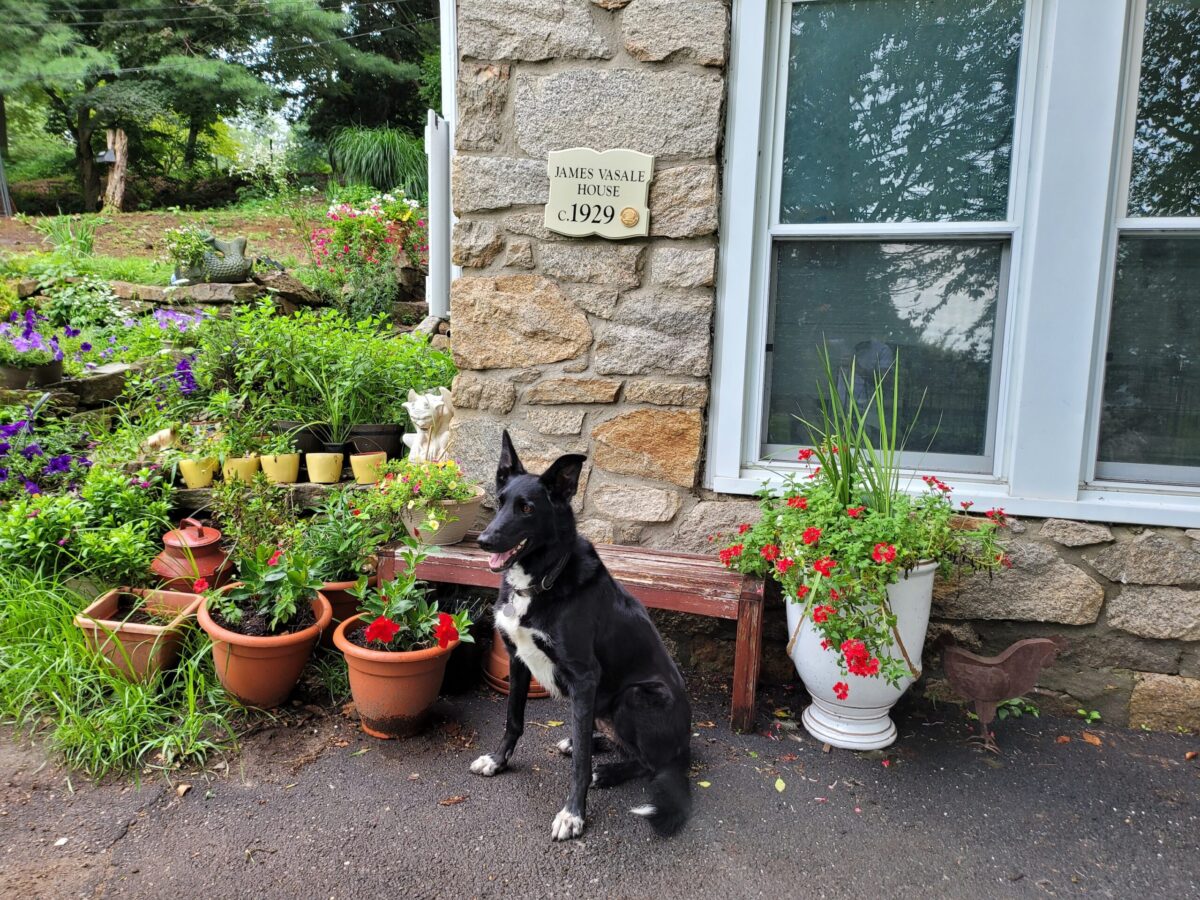On Nikolaos Papadopoulos’s house—located on the farm in Wilton, Connecticut that he operates, Fairview Farms—a plaque can be found on the facade, presented by the Wilton Historical Society at the beginning of 2021. On this plaque is the name James Vasale, the man who originally owned the property back in 1929.
The plaque is part of the Society’s Historic Marker Program, started over 20 years ago as an attempt to both encourage historical preservation as well as identify important historic structures. On occasion, the Society will also award plaques to homes not on the historic survey, as long as the age of the home can be verified and the integrity of the architecture has not been radically altered from its original appearance. These special instances are evaluated on a case-by-case basis by the Society’s Historic Preservation committee, a combination of select members of the Society’s board of trustees and staff.
In Papadopoulos’s case, his house was included in the 2018 Phase II of the survey, because it was, according to the Society, “a well-preserved example of an early 20th-century vernacular residence and, as such, it is significant as an example of Wilton’s stock of early-20th century houses.”
Purchased from the Vasale family in April 2020, Papadopoulos has come a long way in his farming ways. Calling himself the modern-day renaissance man, Papadopoulos’ ancestors were survivors of the Pontian Greek Genocide, the systematic killing of Ottoman Greeks during the early 20th century, and subsequently guerrilla warriors, as well as farmers and masons.
“We brought the farming traditions of the Old World in Pontos to Greece, and then to the United States, where I plan on expanding into upstate New York,” said Papadopoulos.

Once a resident of Norwalk, Connecticut with his grandmother, Papadopoulos was kicked out of the apartment he was in, due to the chickens he was keeping in the backyard. His mother, Teresa, who was an agent for a real estate business in Wilton, was able to help find him the space.
Since this farm has been around since the late 1920s, Papadopoulos wanted to keep the original name, Fairview Farms, as he wanted to keep the integrity of the farm as much as possible. The farmhouse was built in 1929, with over 60 acres of land and had consisted of 10,000 chickens and Black Angus cows.
In addition, there is a cottage on the property that was built in 1931 and is rented out. It started off in 1930 as a “club house,” where the owner would spend time with friends and play cards.
The stone house next to the cottage belongs to the niece of the original owner, where she still lives. The original spread has been split up into multiple properties.
When he lived with his grandmother, space was a bit tight living in the middle in the city. He needed a space large enough for his chickens and the possibility of growing his feathered family.
Papadopoulos explained that having good neighbors who understood what he was doing made a difference. When the time came to expand, his mother was there, determined to find the right amount of land to open all kinds of possibilities. Papadopoulos described this as a new beginning for him.
However, with the age of the house came lots of TLC, but it was not to be feared, as he had family in the construction business. Together, they were able to complete all the work.
The American flag outside his front door has 48 stars representing the continental 48 states, as it is from the 1930s and has been at the house since it was built. Papadopoulos believes in keeping the original integrity of the house and has been preserving the exterior.
Today, Papadopoulos has over 100 animals on his farm ranging from chickens to roosters, three peacocks, quails, ducks, three dogs, and a rescue horse named Cali.

Cali is from Devils Garden, California, which is how she got her name. She was rounded up by the state of California due to an overpopulation of wild horses in the area caused by the wildfires.
“The intention of the state was to put her down, but an organization called All the King’s Horses stepped in and reached her and several more, bringing them to Connecticut to find a home,” said Papadopoulos. “I plan on getting another mustang from them soon to give her a buddy, as horses are happier in herds.”
In the future, Papadopoulos plans on purchasing a bigger space for himself and his family, while renting or leasing his current space to someone else who is interested in farming in the area.
With that many animals, it is safe to say that more space will be needed.
In addition, he will be getting a barn cat—particularly, a black Cornish rex; sheep; and very specifically, Black Iberian pigs, for meat. Other plans in the works include adding a family stand where patrons can buy farm goods, paying with an honor system; selling flowers; and setting up a small greenhouse on the property.
“I have always wanted to work with animals, as it started with a flock of chickens and ducks and expanding from there. My family has been very supportive during this time,” said Papadopoulos.




